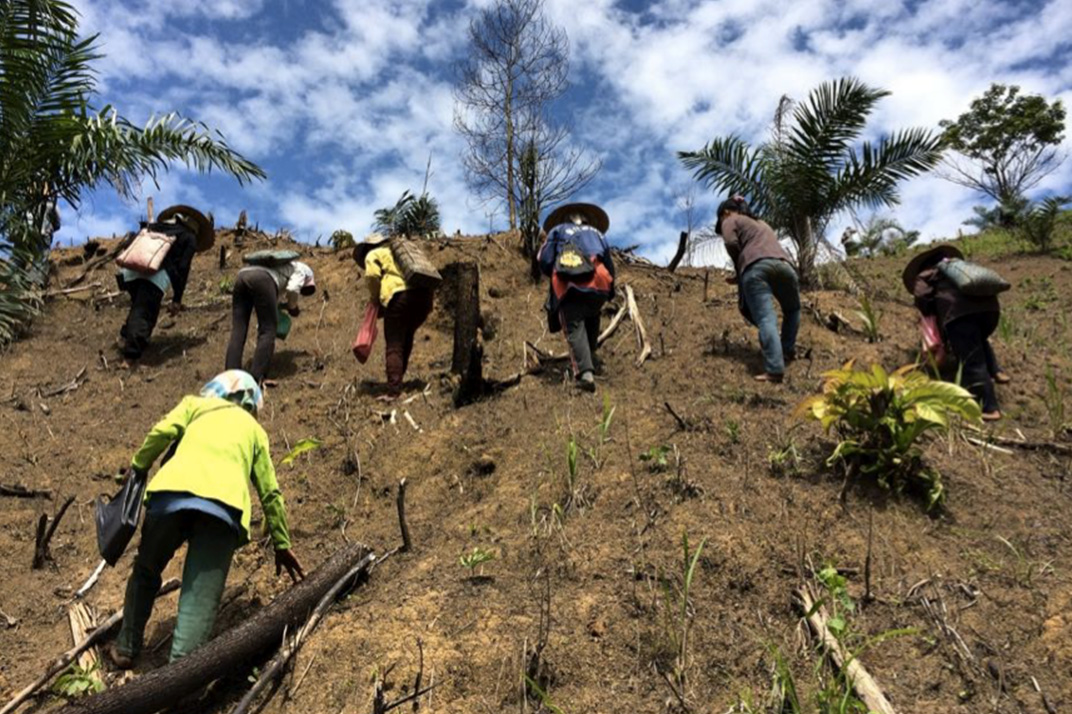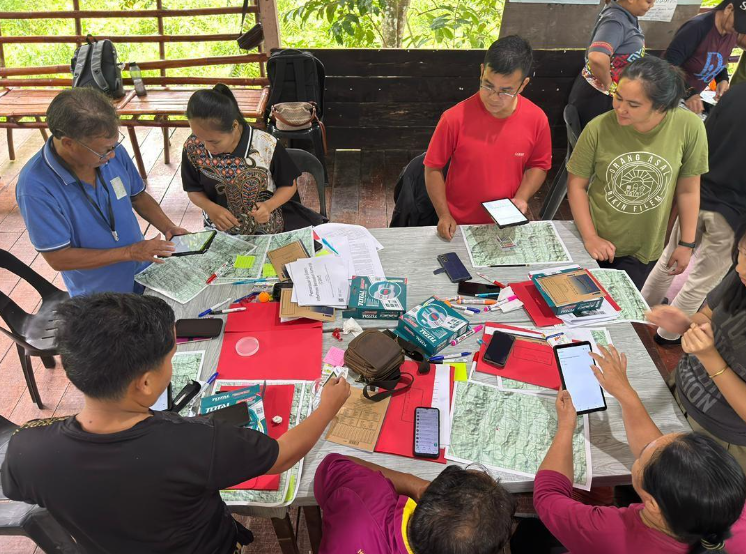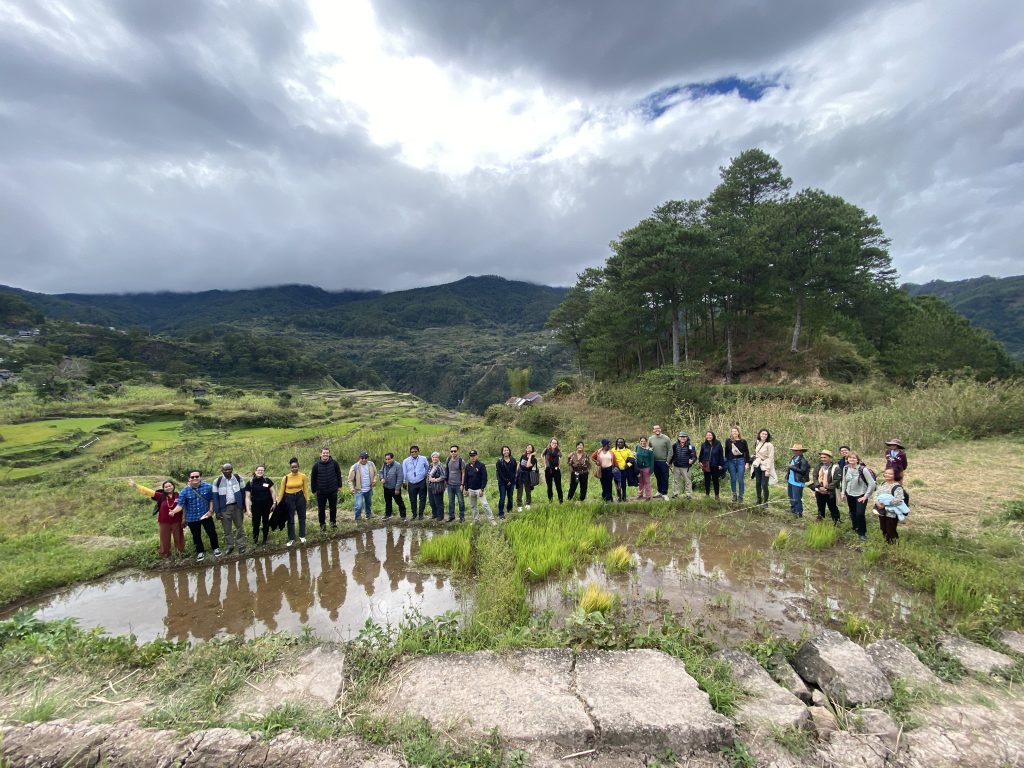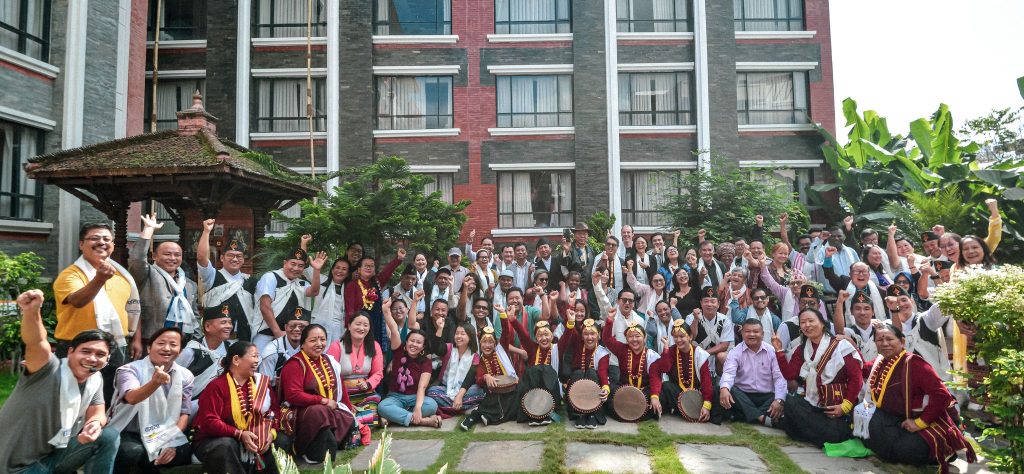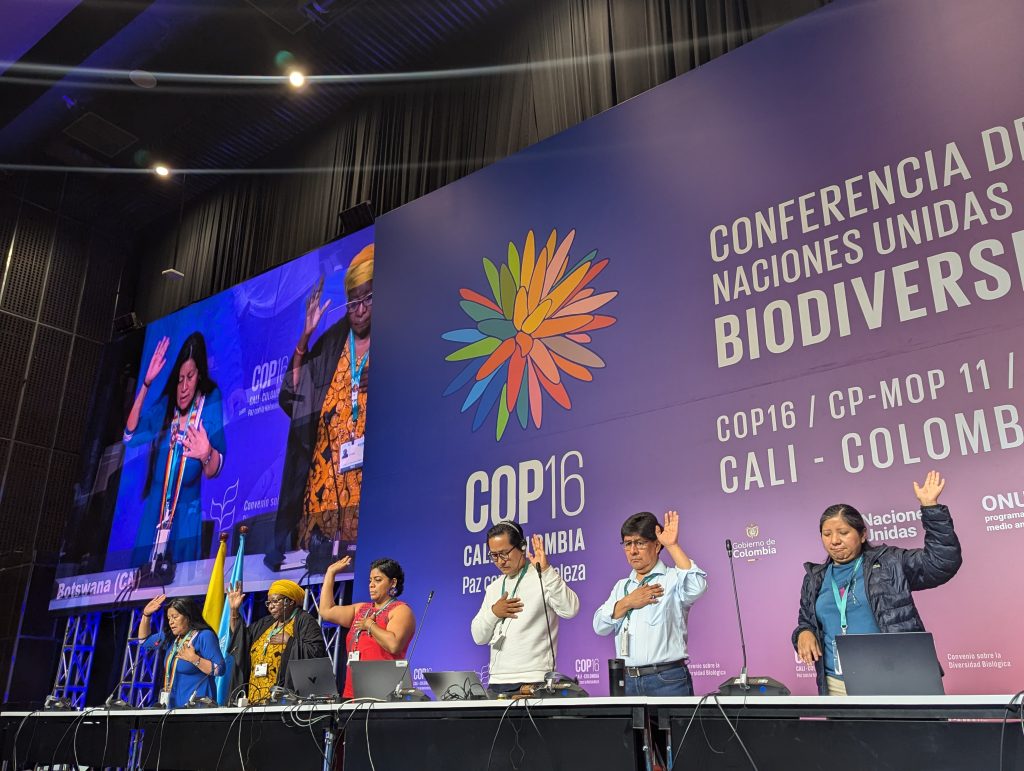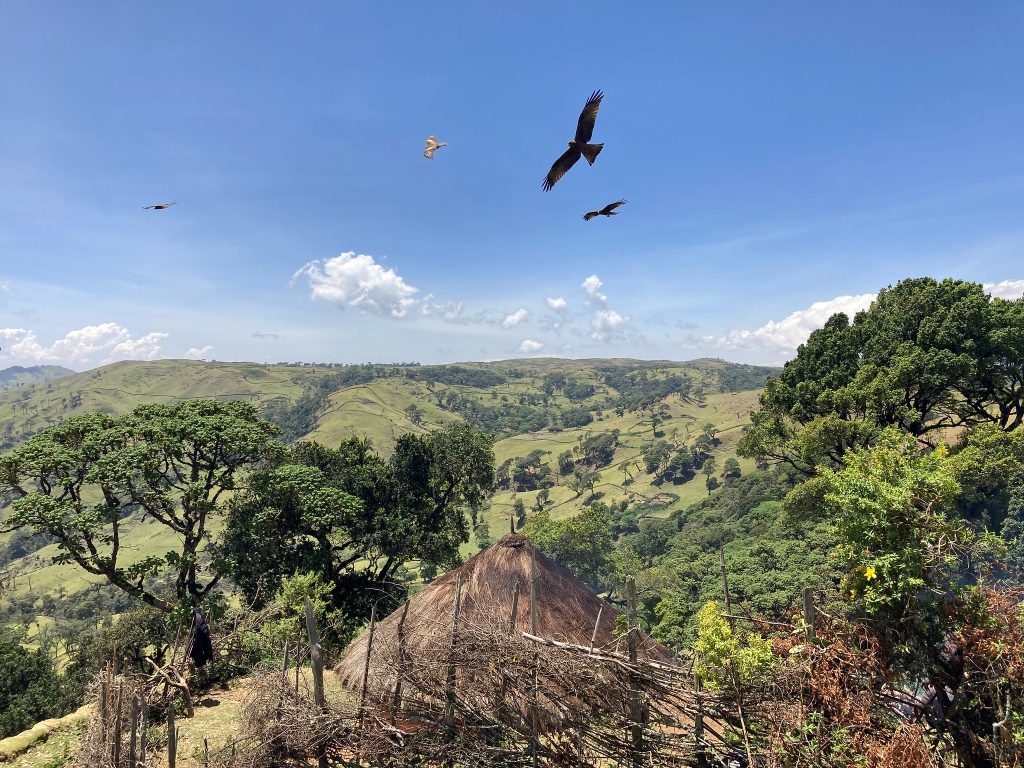In Malaysia the Transformative Pathways project will contribute towards achieving the Malaysia’s National Policy on Biological Diversity and the Sabah Biodiversity Conservation Strategy, which reflect the country’s pledge to implement the Convention on Biological Diversity.
Key participants in this country’s project are three ethnic groups: the Murut Tahol, the Kadazandusun and the Dusun, living in East Malaysia (northern Borneo Island), Sabah state.
The project in Malaysia is implemented by Partners of Community Organizations in Sabah (PACOS) Trust.
Dashed line
Activity
Further info
Key activities:
- supporting initiatives of good practices in forest stewardship and biodiversity conservation with the aim to get these practices included in the revised Sabah Biodiversity Conservation Strategy
- strengthening communities’ historical connection with the land and providing support for the preservation of their cultural practices and sustainable livelihoods
- revival of communities historical trails, documenting communities’ good practices, biodiversity monitoring and community-based watershed conservation
- inter-community exchanges and learning related to biodiversity conservation and sustainable use
- cooperation with Sabah Biodiversity Centre and other relevant agencies to promote and implement the Sabah Biodiversity Conservation Strategy and National Policy on Biological Diversity
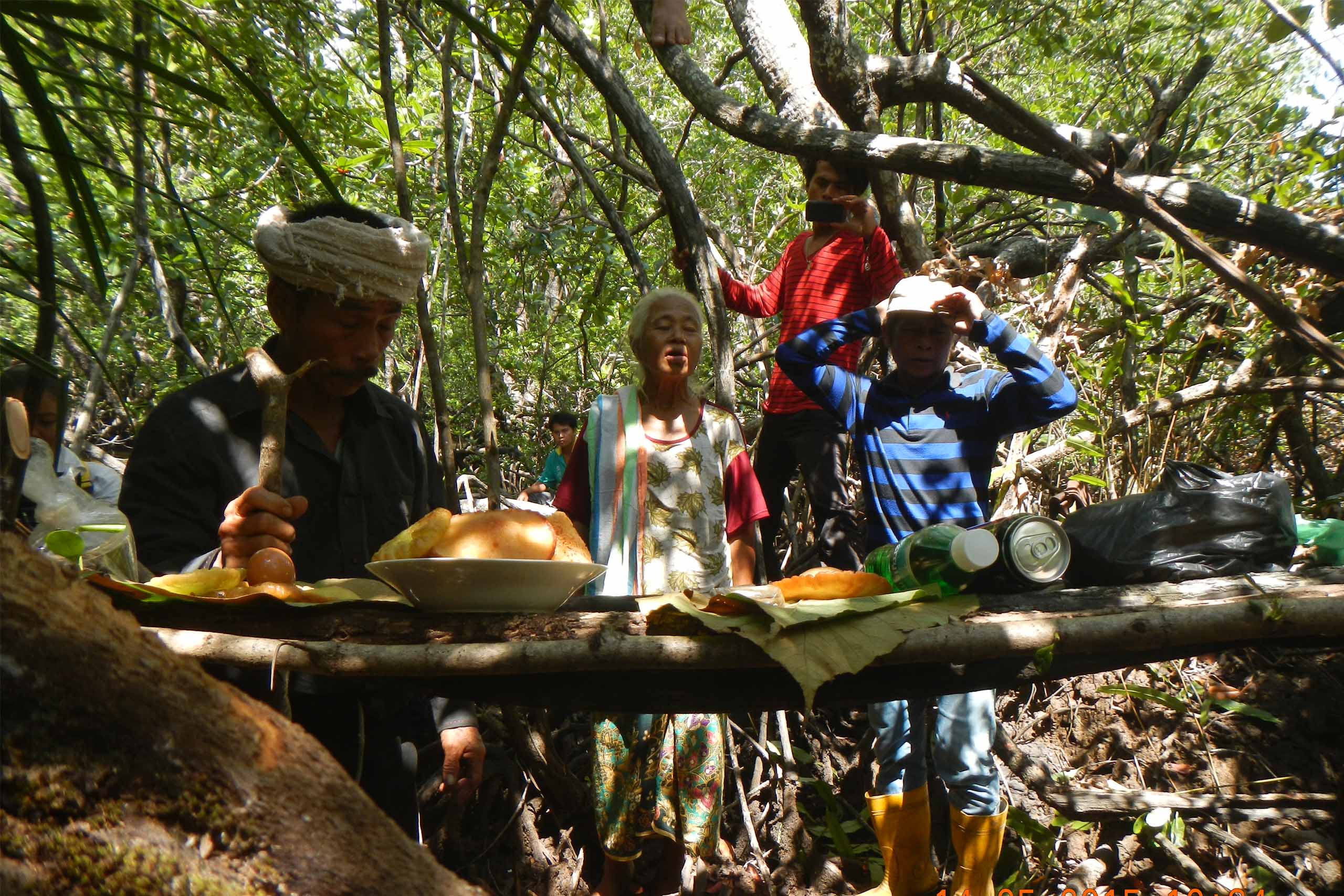
Tombonuo community of Sungai Eloi practices Momokan for their resources and wellbeing: the community are highly dependent on their mangrove forest not only for non timber forest products and source of proteins but also spirituals. Photo: Sudin Ipung, 2014.
